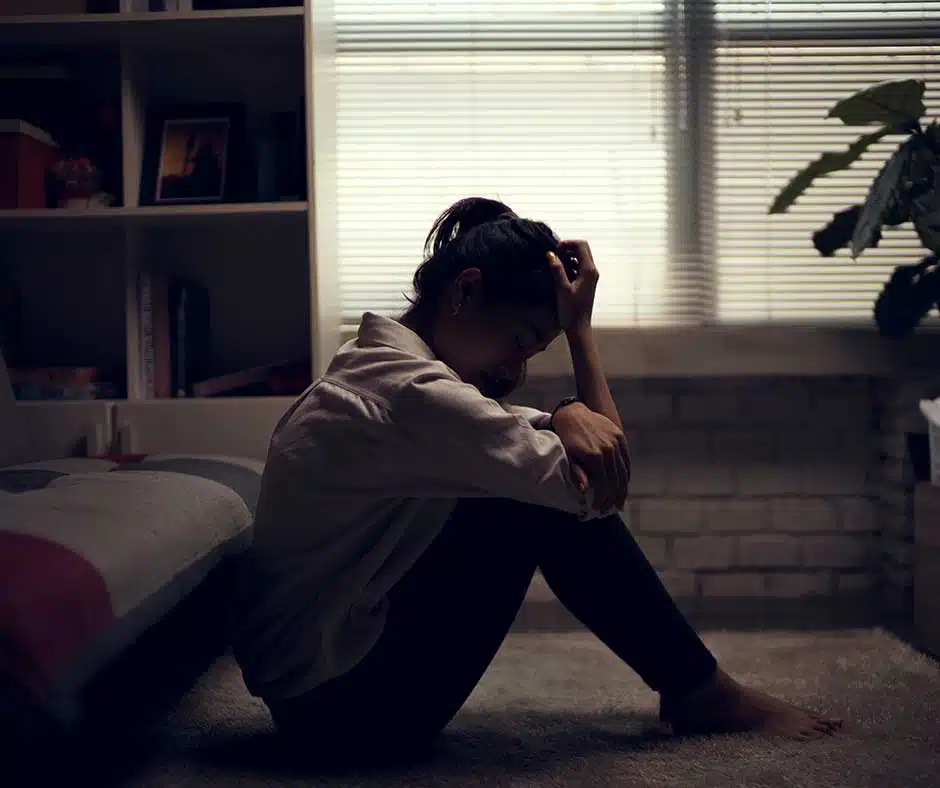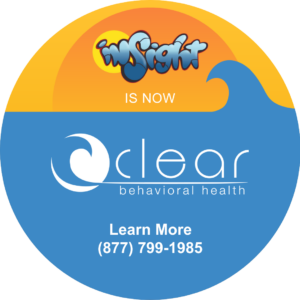“I was probably 15 when I first started experiencing symptoms of depression. It started off small, it was hard to notice at first. I experienced a lack of motivation and the things I loved to do didn’t interest me anymore. I was super passionate about baseball but then just wasn’t into it anymore. I felt like everything I did wasn’t good enough. I felt like a failure 90% of the time.”
Depression is the predominant mental health problem worldwide and there has been a recent spike in cases of major depression in the United States especially among teens.
“My depression got worse over time. I felt down and like life was worthless and pointless. If I had to drive somewhere the whole drive there I would just think I hate life.”
The 2001 National Strategy for Suicide Prevention, published by the US Department of Health and Human Services gives a comprehensive list of risk factors for suicide, including mood disorders and other psychological disorders, alcohol and substance abuse disorders, and social isolation. Untreated depression has been identified as the leading cause of suicide.
“I started heavily using drugs and alcohol to cope. In the beginning, when my tolerance was still low the drugs worked but when my dependency and tolerance grew the drugs didn’t work anymore and when I wasn’t high my depression would increase by like 500%.”
Untreated Depression can lead to
– Problems at school
– Running away
– Substance abuse
– Low self-esteem
– Eating disorders
– Internet Addiction
– Self-injury
– Reckless behavior
– Violence
– Suicide
“I was 13 when I was diagnosed with depression and anxiety. My mother pulled me out of school and told me she was taking me for an annual check-up. As soon as we got there, the Doctor was like ‘how much are you eating?’ And that was when I knew that it was not an annual check-up. Right off the bat, the Doctor could sense my anxiety and scheduled my first therapy appointment as a teenager. From there I would see a therapist until I was about 18.”
The following symptoms of depression are more common in teenagers than in adults:
– Irritable or angry mood
– Unexplained aches and pains
– Extreme sensitivity to criticism
– Withdrawing from some, but not all people
“I remember my Dad gave me this little drawing board that you hang over your door and I used to write really dark things on it like I hate my life. I started to notice in 9th grade that something wasn’t right with me. I remember I hid a pair of scissors underneath my pillow and started to cut myself and I couldn’t pinpoint the reason why I just knew I wanted to feel something. I can’t explain it. I wanted to sleep most of the time I would go into my room and make it extremely dark. I just remember hating myself.”
Depression can be healed from and treated. In many cases, people have come through some of the darkest times in their lives to share with others how to heal and that there is hope.
“I’ve been fortunate enough to have a strong community. To avoid feeling depressed I tend to avoid isolation and hang out with friends. I’ve done TMS (Transcranial Magnetic Stimulation) and have used medication and that helped a lot. I believe we can wire our brain to think a certain way. If we’re used to negative thoughts were more likely to react to situations negatively. When I practice gratitude consistently it helps keep those negative thoughts at bay.”
“My advice to teens dealing with depression is don’t make it so hard on yourself. When I was in my depression I blamed myself a lot for the way I was feeling. When I would have those thoughts, I would think I was weak. The main piece of advice I would want to give to someone is no matter how hopeless it feels in the moment, no matter how strongly you feel like it will never get better, it always passes in time. Those feelings and thoughts will go away without failure it always gets better.”

